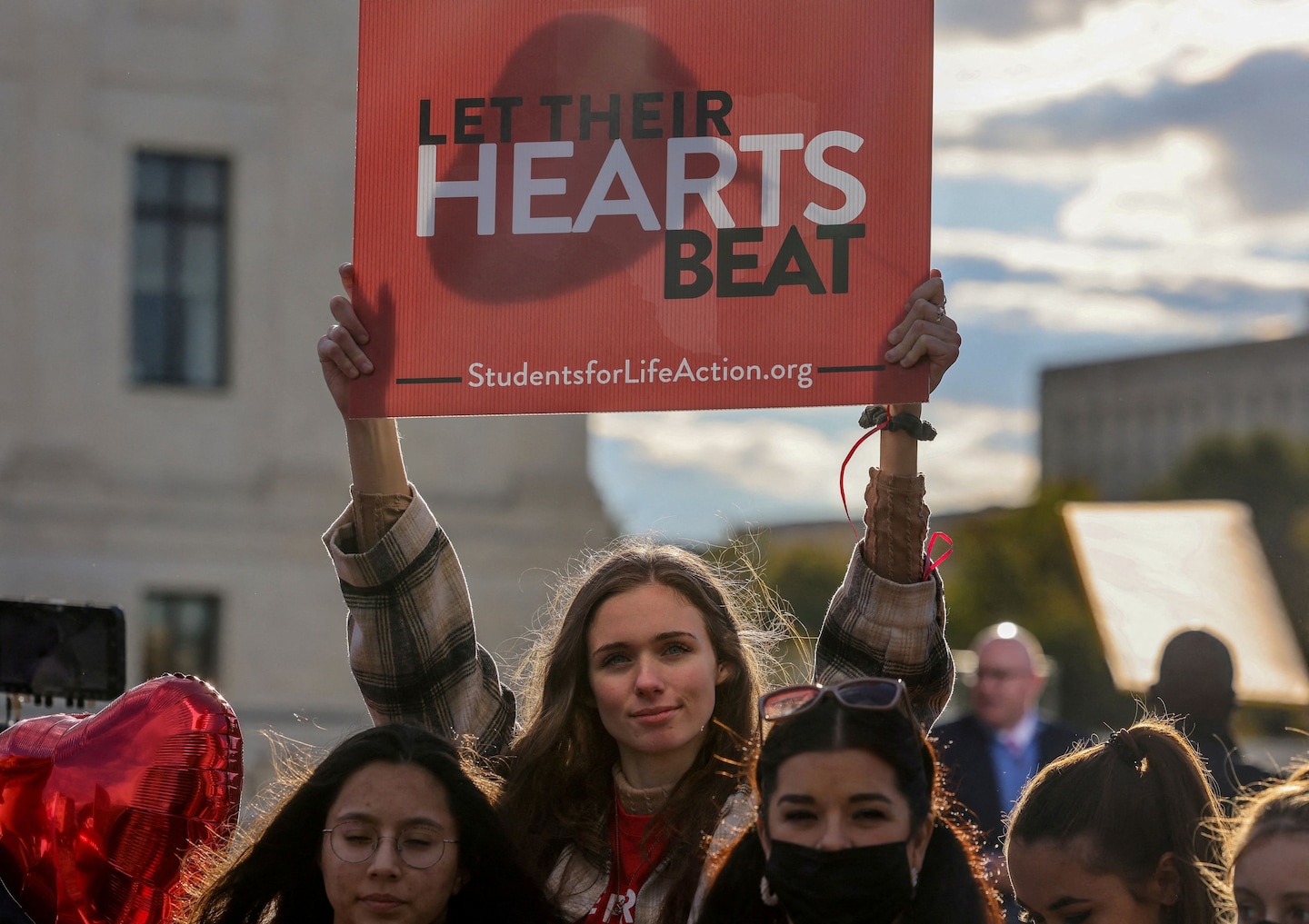Texas Supreme Court rules against abortion providers in federal challenge to restrictive state law

“We conclude that Texas law does not grant the state-agency executives named as defendants in this case any authority to enforce the Act’s requirements, either directly or indirectly,” Justice Jeffrey Boyd wrote in the opinion.
The Texas law makes no exception for rape or incest, but does allow the procedure for medical emergencies. In an unusual step, the law empowers private citizens to sue anyone who helps facilitate an abortion in Texas after the legal limit, from the doctor who performs the procedure to the Uber driver who takes a patient to a clinic. The law offers $10,000 to anyone who sues successfully.
The court’s action means one of the most restrictive abortion laws in the country remains in place as the U.S. Supreme Court weighs the future of Roe v. Wade, the landmark 1973 decision that guaranteed a constitutional right to abortion.
The court will decide in a few months in the case of Dobbs v. Jackson Women’s Health Organization, determining the constitutionality of Mississippi’s 15-week abortion ban. Many legal analysts have interpreted the Supreme Court’s December decision to let the Texas law stand as a signal that the 6-to-3 conservative-majority court will either overturn or roll back Roe.
In December, the U.S. Supreme Court dismissed most of the case brought by Texas abortion providers, including the most consequential portions of the lawsuit, which aimed to stop private citizens from enforcing the law through civil litigation. Abortion providers were allowed to continue only with a narrow portion of their original suit, against state medical licensing officials.
Because the Texas Supreme Court determined that the licensing officials are not considered “proper defendants” in a federal case, the abortion providers have no one left to sue, said Julia Kaye, staff attorney with the ACLU Reproductive Freedom Project and one of the litigators on the federal case against the Texas abortion ban.
“The U.S. Supreme Court left a shred of a case and today the Texas Supreme Court threw out even the crumbs of the case that was left,” Kaye said.
In practice, she added, Friday’s ruling means the Texas abortion ban “is going to remain in effect for the foreseeable future.”
Texas attorney general Ken Paxton’s office did not immediately respond to a request for comment.
Abortion opponents welcomed the court’s decision.
“This is a big victory for the TX Heartbeat Act,” Kimberlyn Schwartz, media director for Texas Right to Life, said in a statement. “We have said from the beginning that abortionists’ lawsuit should be dismissed, and we’re grateful that the law will continue saving thousands of lives.”
While Friday’s decision is disappointing for Texas abortion providers, Kaye said, the U.S. Supreme Court’s decision was the much more significant setback. After that decision, she said, the lawsuit no longer had the ability to block the abortion ban.
There are no other pending lawsuits that could block the Texas abortion ban in the near future, said Molly Duane, a senior staff attorney with the Center for Reproductive Rights. The most promising, she said, might be the lawsuit filed against Alan Braid, a San Antonio-based doctor who admitted to performing an abortion after the six-week limit in a September op-ed in The Washington Post, prompting several people to sue him. But that case has been filed in Illinois district court, and could take years to make it to the U.S. Supreme Court, if it makes it there at all.
Lawmakers in at least 12 other states have proposed abortion bans similar to the one in Texas, using the same novel enforcement mechanism. Antiabortion lawmakers across the country have probably been watching this court challenge closely, Kaye said.
Now that they see there is no end in sight for Texas’s six-week ban, she said, they might be more emboldened to pass their own.






